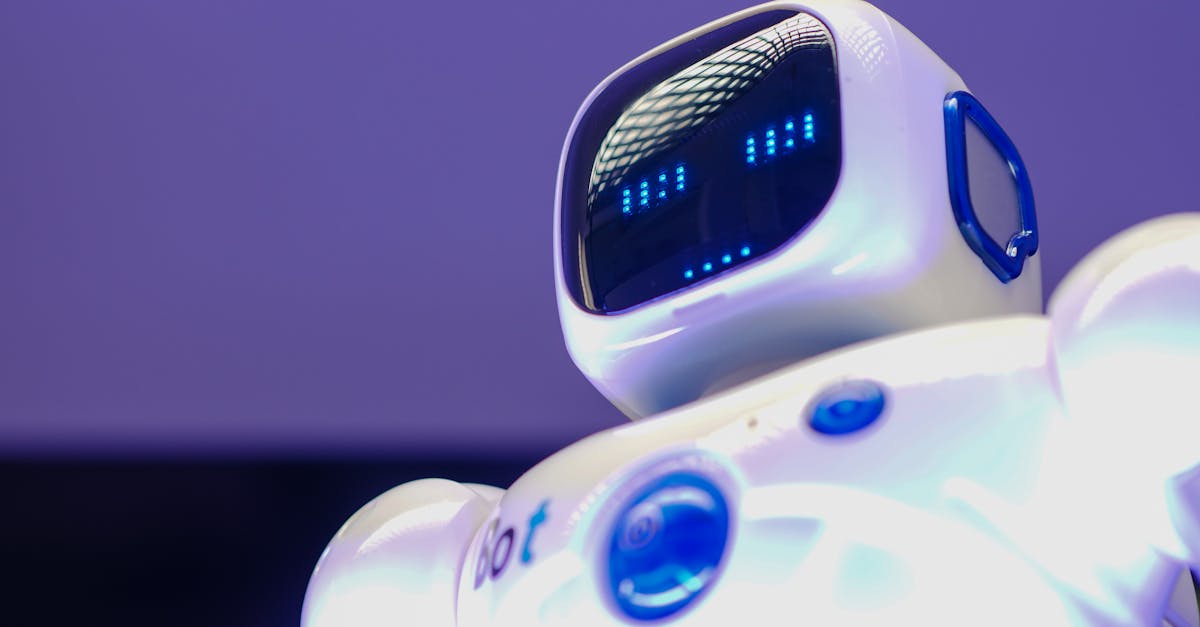Embracing Tech for Emotional Growth
In the digital age, technology is not limited to games and homework. It serves as a bridge to understanding our own emotions. Picture this scenario – your child is having a rough day. Rather than withdrawing, they seek comfort in an AI companion. This companion offers a nonjudgmental and tireless presence, always available to lend an ear and assist in unraveling complex emotions. It may seem like a utopian concept, but in reality, it is closer than you imagine.
Teaching emotions through Artificial Intelligence (AI) is not intended to replace human interaction but to enrich emotional education by providing consistency and patience.

Conclusion: Incorporating technology into emotional growth can lead to novel and effective ways of comprehending and managing feelings.
The AI Emotional Coach
The AI emotional coach is the new kid on the block. It’s designed to recognize emotions through voice and text, providing feedback and exercises for emotional growth.
Picture this: your child is frustrated with a math problem. Instead of spiraling into a tantrum, they chat with their AI coach. In minutes, they’re learning coping mechanisms, turning a potential meltdown into a learning moment. This coach is more than software; it’s a tool for resilience.
Understanding AI’s Emotional Intelligence
How does AI understand something as complex as our feelings? It learns from us! Through interactions and patterns, AI gets smarter, offering more personalized advice over time. It doesn’t replace human empathy but acts as a mirror, reflecting our own emotions back at us. This can help kids and adults alike in identifying and naming their feelings, a crucial step in emotional maturation.

AI in Emotional Scenarios: A Helping Hand
AI’s role isn’t limited to identifying emotions; it also creates scenarios to help practice emotional responses. Think interactive storybooks where your choices affect the story’s outcome. This hands-on approach allows both children and adults to navigate complex emotional landscapes safely, making mistakes in a judgment-free zone. Such experiences are invaluable in our journey towards emotional wisdom.

Encouraging Emotional Conversations
Involving AI in daily conversations about feelings can make these discussions more commonplace. When a child talks to their AI buddy about their day, they’re practicing vulnerability without fear of embarrassment. This encouragement can turn into a habit, spilling over into real-life interactions, making it easier to talk about emotions with friends and family.

The Future of AI in Emotional Learning
The future of AI in emotional learning is bright and full of potential. As technology evolves, so too will its ability to assist in understanding and navigating our feelings. The goal is not to create a world where AI solves all our emotional challenges but to use it as a tool in our emotional intelligence toolbox, making the process of understanding ourselves and others a bit easier.
